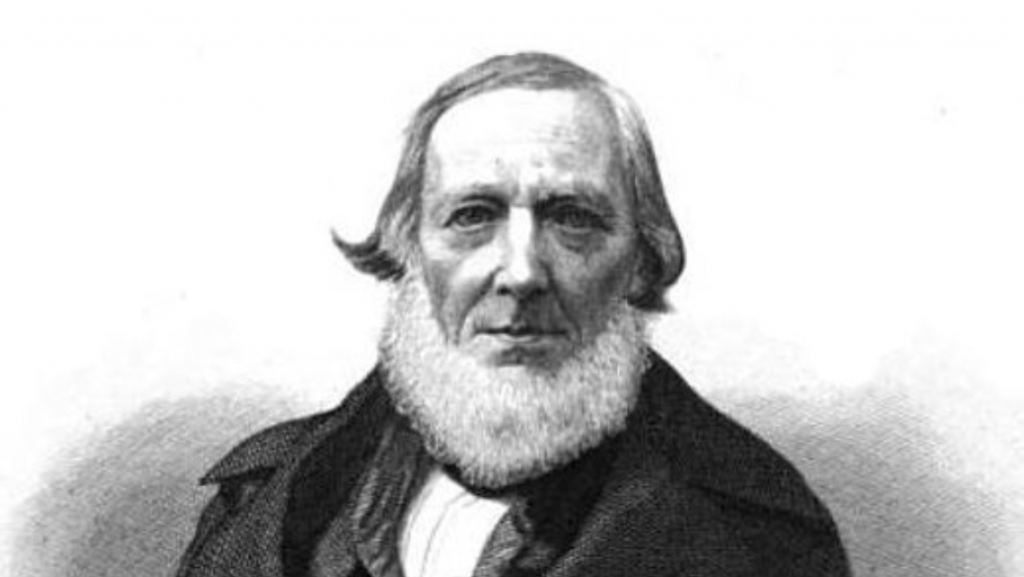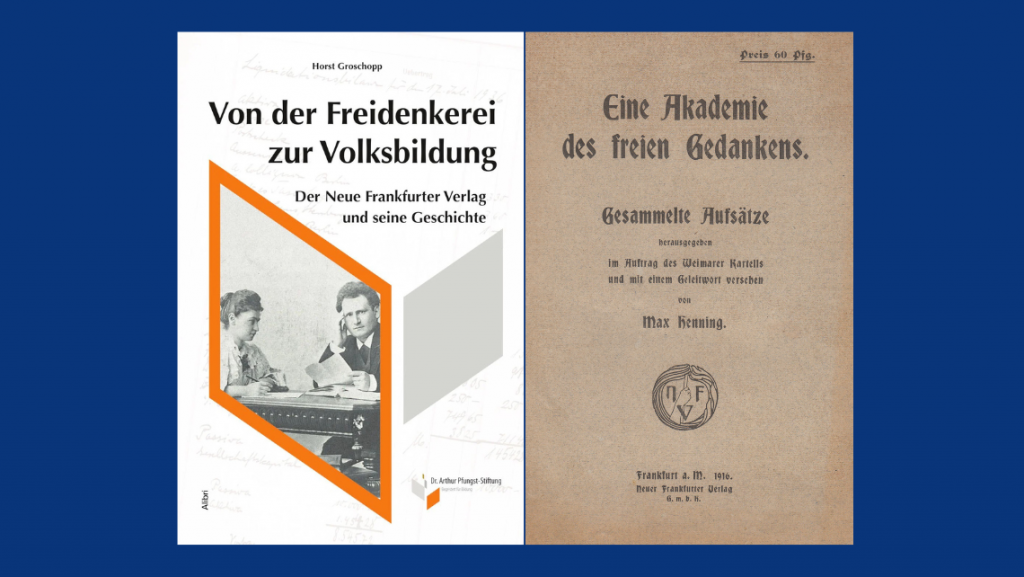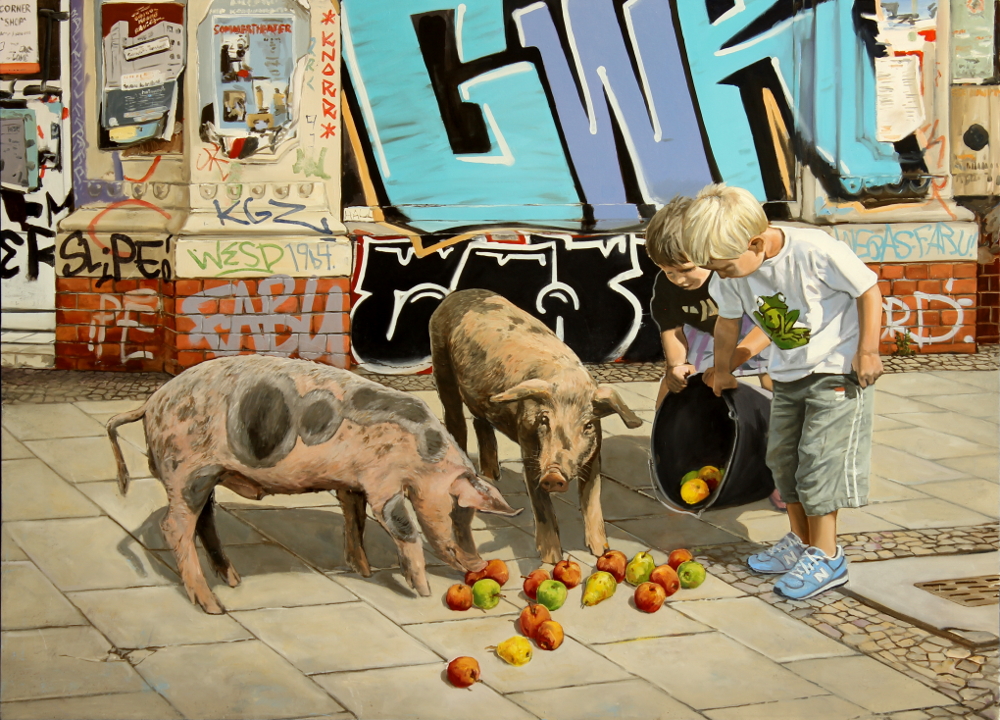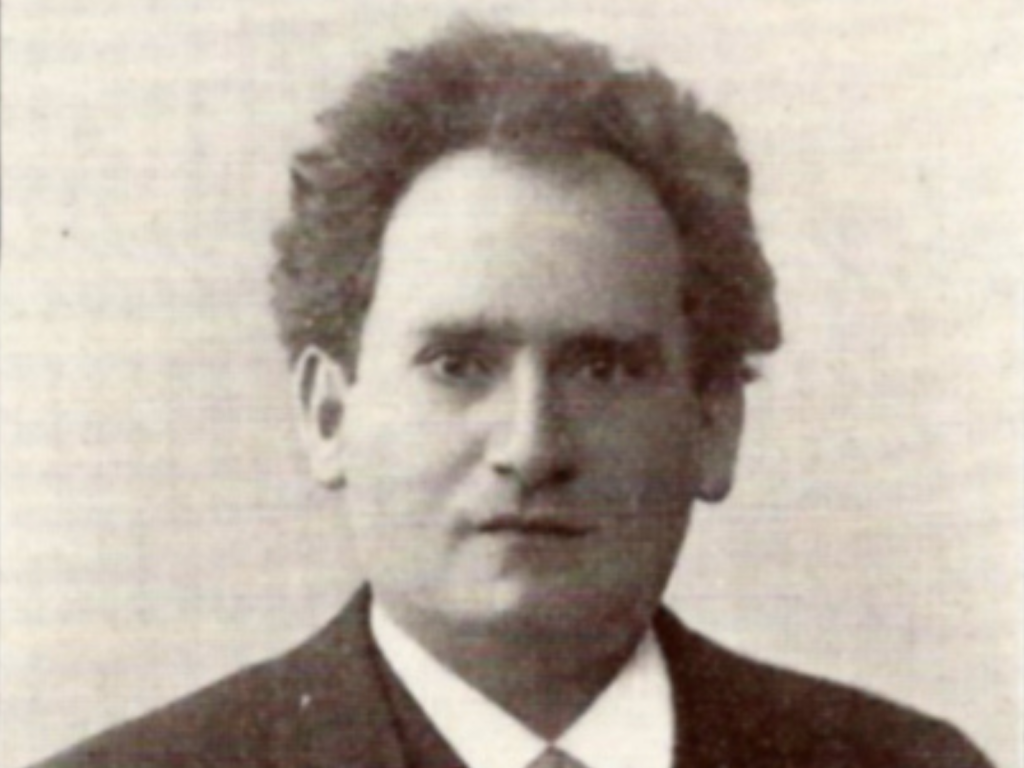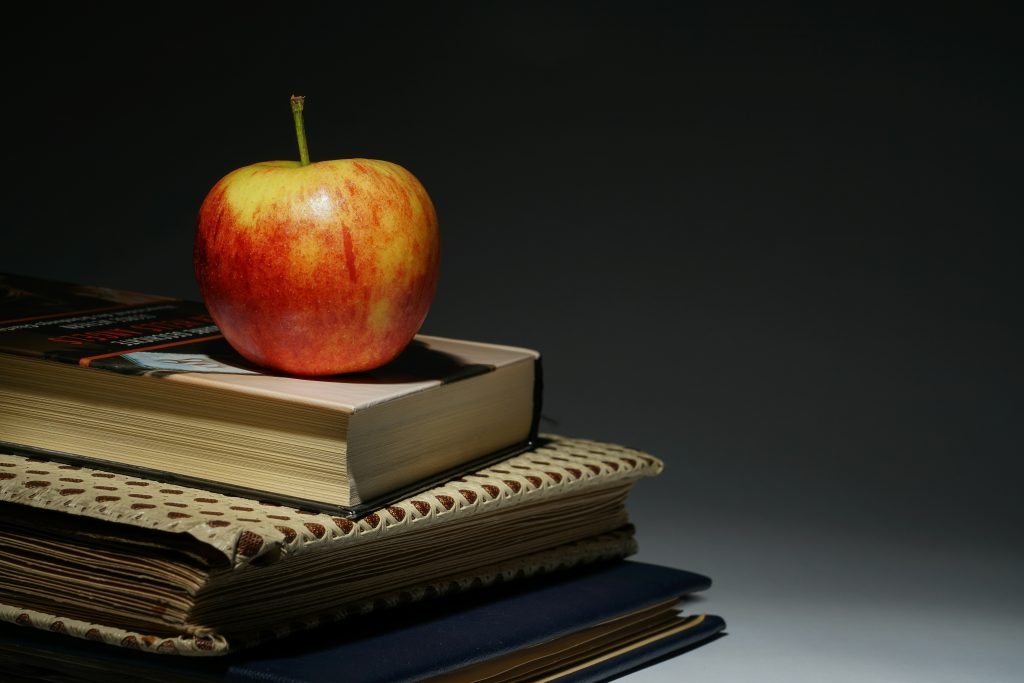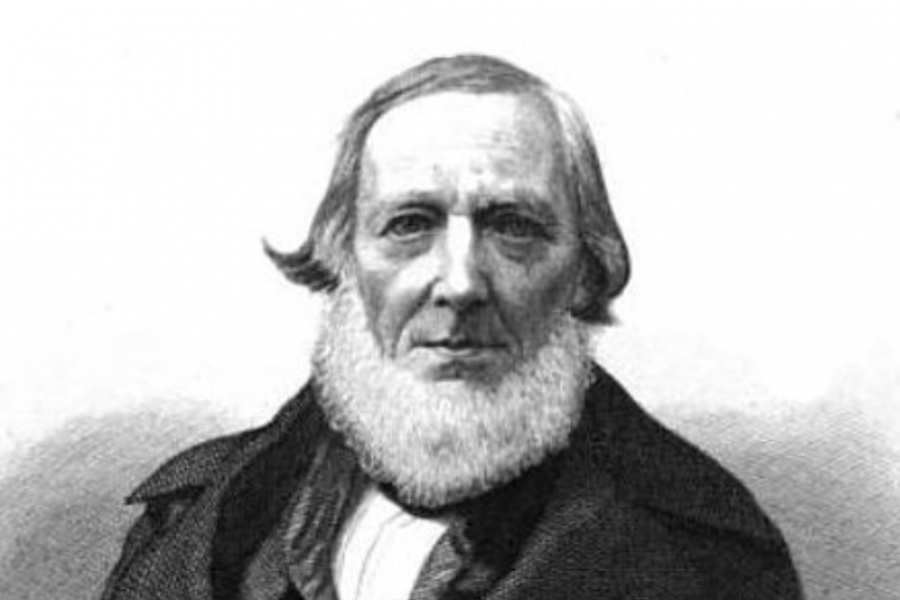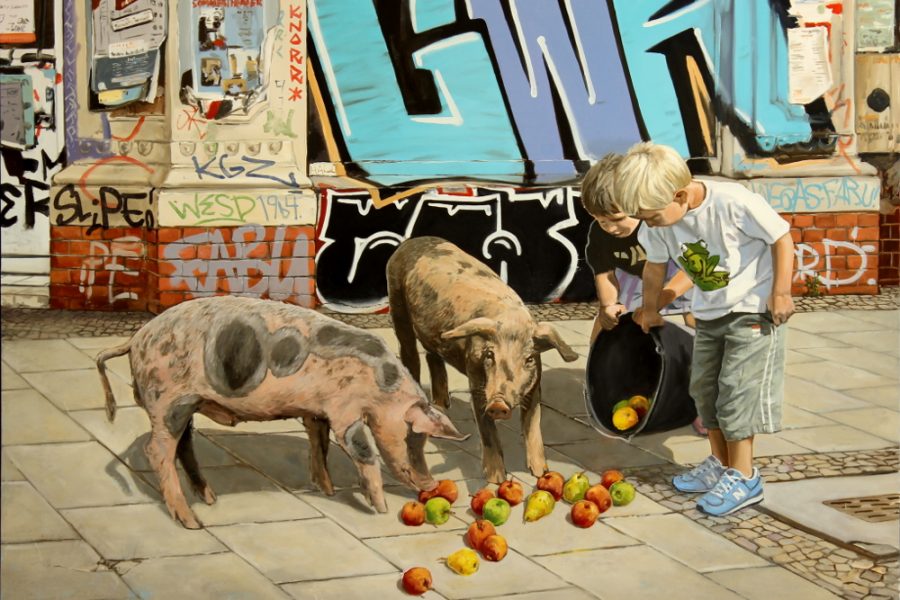Congratulations on your election! What led you personally to humanism? Were there any experiences or encounters in your life that shaped your path?
Thank you so much – I’m honored to serve as President of Humanists International! I was raised Catholic, but I was a critical thinker from a young age. I’d annoy my parents with questions after reading Bible stories, with questions like “How is it possible to get two of every kind of animal on one boat?” I decided I didn’t believe in God in high school, but I never told a single person – as a Filipino American, religion and culture are intertwined, and I feared rejection from my family. It wasn’t until college and joining a student freethinkers group that I had the freedom to identify publicly as an atheist. After college, with the hope of finding a job advocating for civil rights, I was hired as an intern at the American Humanist Association, where I worked for twelve years. When I learned about humanism, I felt I finally found the philosophy and values that encompassed everything I believed in – being good without God.

Maggie Ardiente was elected President of Humanists International in 2025 and has served on the board since 2023. She previously served as the chief fundraising officer for the American Humanist Association for twelve years, represented humanism in national media, and spoke at dozens of conferences, universities, government institutions, and local humanist organizations in the United States. She also serves as President of the Secular Coalition for America, a lobbying organization representing twenty national humanist, atheist, and secular organizations advocating for the separation of religion and government. She lives in Washington, DC, USA.
Many already know you as a voice within the humanist movement. What does humanism mean to you personally, not just as a worldview, but in your every day life?
I love author Kurt Vonnegut’s explanation of humanism: “I am a humanist, which means, in part, I have tried to behave decently without any expectation of rewards or punishments after I’m dead.” That’s exactly how I live my life. I never understood why people needed to fear a vengeful God in order to care about your fellow human beings. I believe this is the one life we have, and so we should make the most of it, for ourselves and for others.
As the newly elected President of Humanists International, you have an exciting first few months ahead. Which topics do you want to focus on especially in your first 100 days?
Our top priority must be protecting democracy and freedom of thought. We’re witnessing a surge of anti-democratic and anti-scientific movements in the United States and across the globe, and as humanists, we must respond urgently by mobilizing our network and resisting these attacks. Just a week after the General Assembly in Luxembourg, Humanists International issued a statement condemning U.S. sanctions on Francesca Albanese, the UN Special Rapporteur on the Occupied Palestinian Territories. It was a clear attempt to silence and delegitimize a UN human rights expert, and we must continue to speak out against efforts that undermine democracy.
I hope in my first 100 days as President of Humanists International that we can continue to build the capacity of our member organizations to do more advocacy, services, and support for humanists in their respective countries. Increasing cooperation and communication among our members is critical to ensuring resources are shared, trust is built, and successes are celebrated. The European Policy Forum, a day-long meeting held prior to the International Humanist Conference in Luxembourg, is a great example of bringing countries together to address issues of concern specific to humanism in Europe. I would love to support similar opportunities for collaboration in Asia, Africa, Latin America, and other regions.
The humanist movement is incredibly diverse around the world. Where do you see the greatest opportunities – and perhaps the biggest challenges – for international humanism right now?
Strengthening and growing humanist organizations in the Global South is both an opportunity and a challenge. Many countries lack political freedom and make it difficult for people to come out publicly as a humanist, and that means less access to resources and support. Andrew Copson, past President of Humanists International, advised us in his farewell speech at the General Assembly in Luxembourg to continue to invest in leadership development and on-the-ground support in the Global South, and I intend to carry this work on. Humanism transcends borders, and a humanist organization in every country in the world would be a realization of my vision for Humanists International.
Finally, Is there a humanist figure, book, or idea that has particularly inspired you and that you’d like to share with us?
There is a quote by science fiction writer Isaac Asimov that captures the heart of what it means to be a humanist and serves as a source of inspiration for me when I sometimes feel disheartened about the state of the world. He said, “Never can we sit back and wait for miracles to save us. Miracles don’t happen. Sweat happens. Effort happens. Thought happens. And it is up to us humanists to expend our sweat, our effort, and our thought. Then there will be hope for the world.” I am honored to have found my community in humanism, and as long as we have hope, humanists will always fight for a better world for all.


